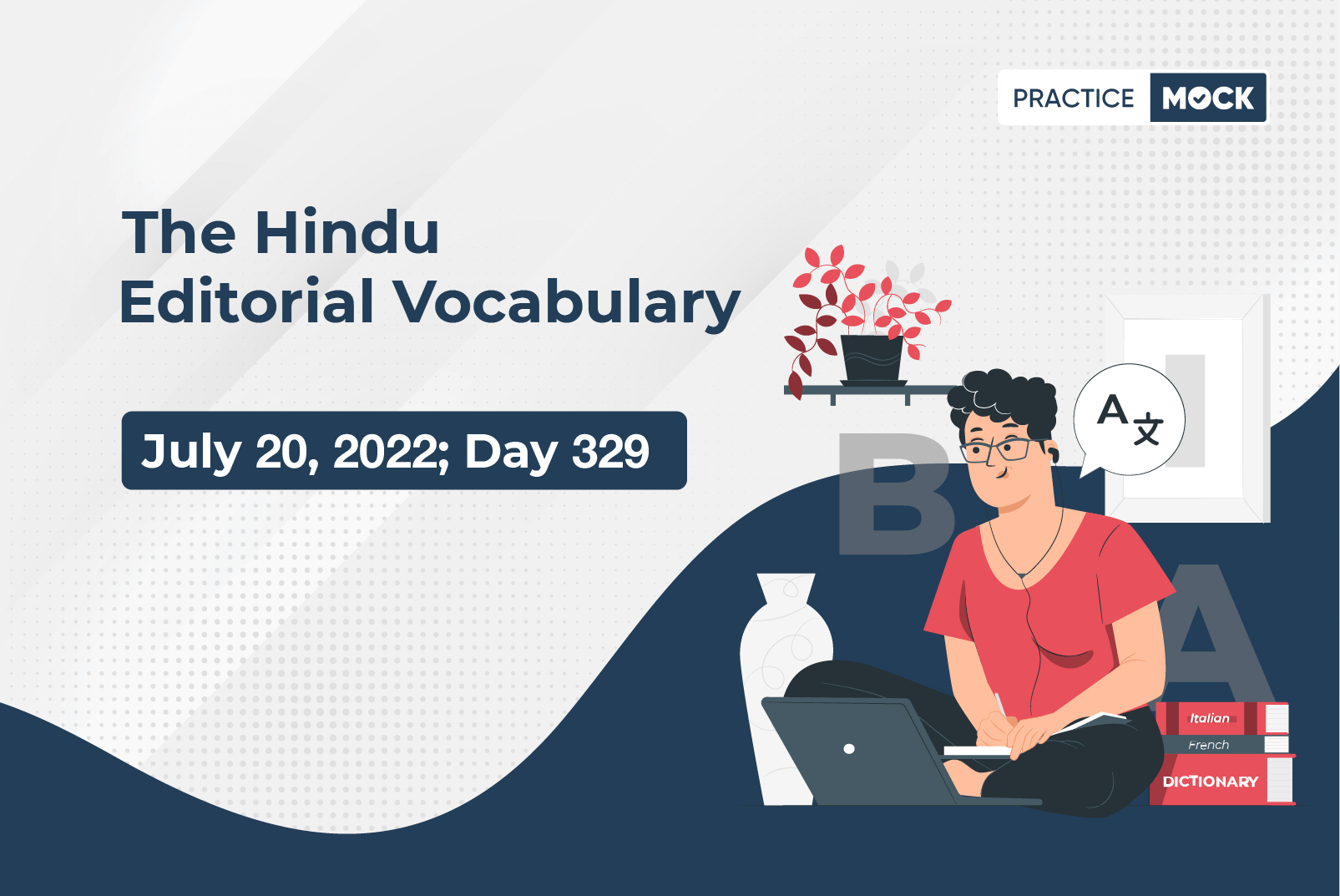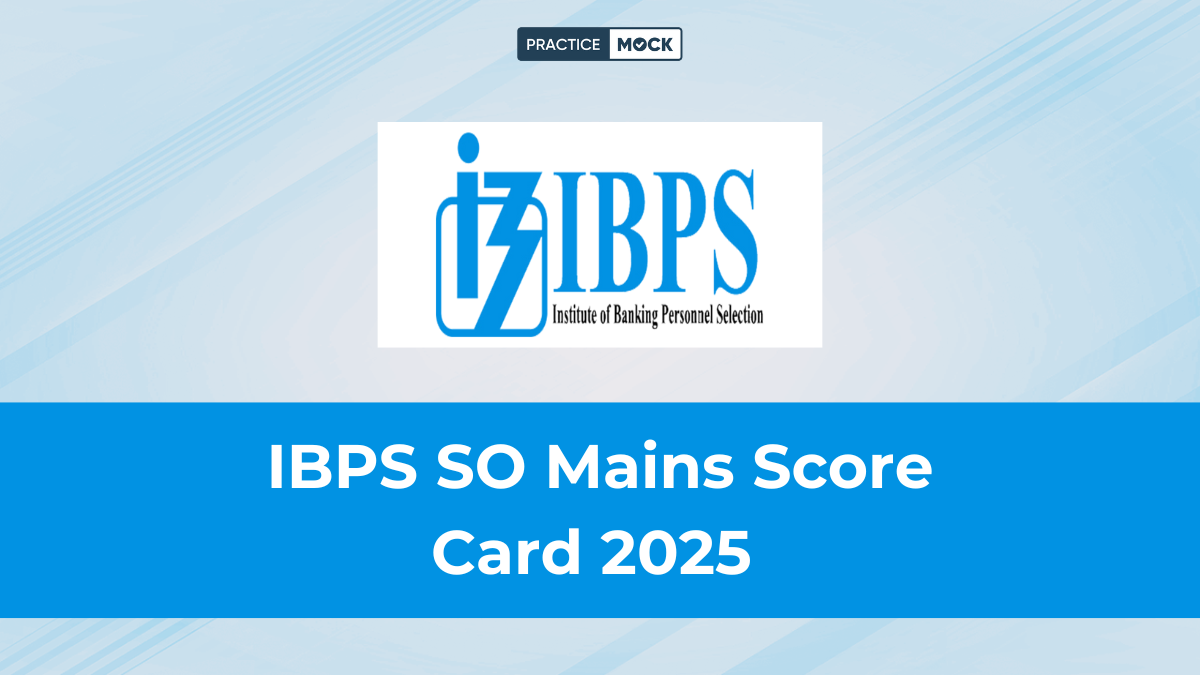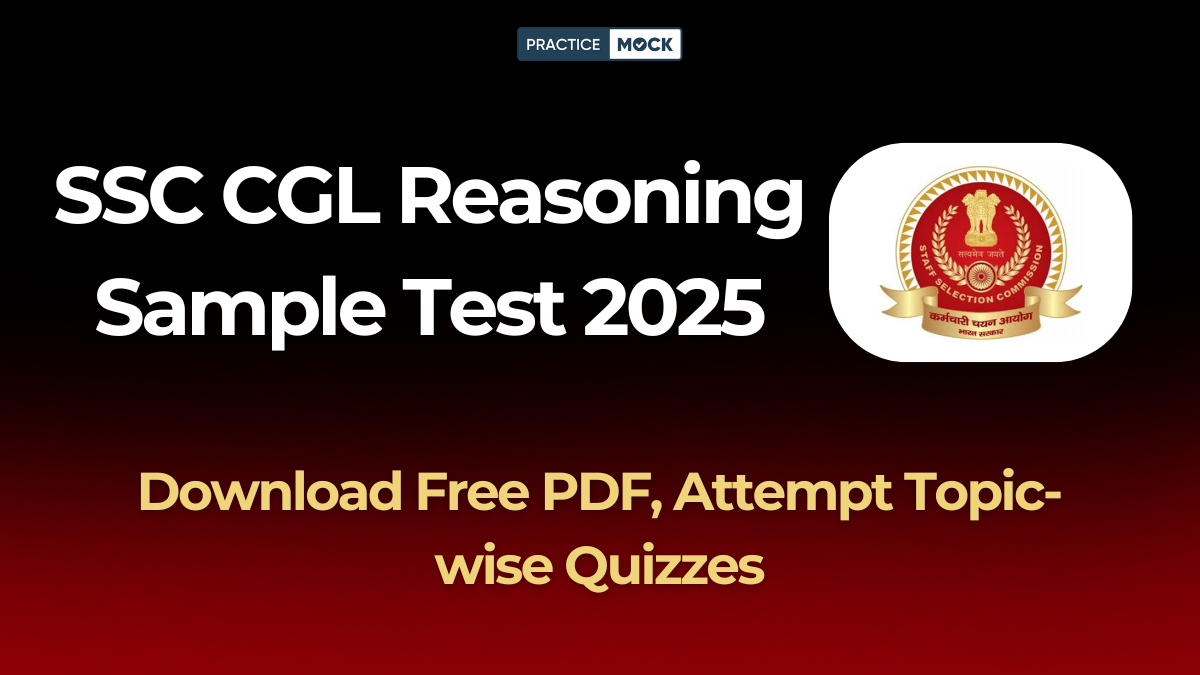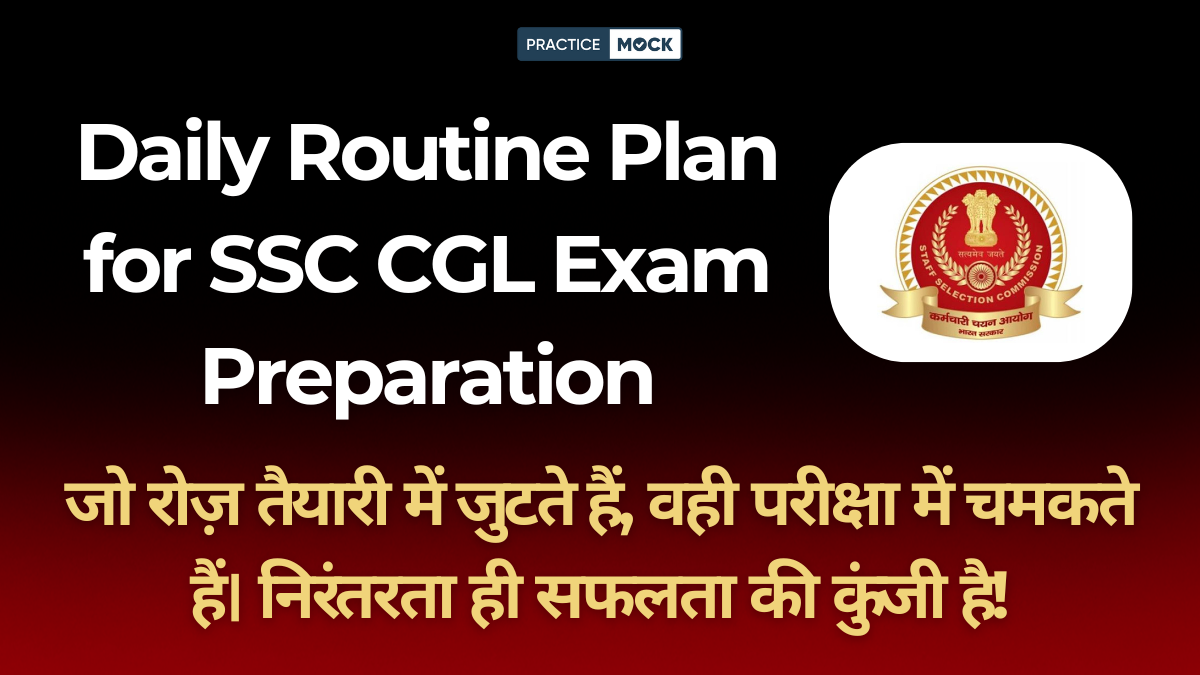The Hindu Editorial Vocabulary– Jul 20, 2022; Day 329


| Difficult Word/ Phrase | Contextual Sense |
| Stinging | harsh or hurtful in tone or character |
| Indictment | An accusation of wrongdoing |
| Scapegoat | to blame somebody publicly for something bad that has happened, even though it was not his/her fault |
| Ploy | A tactic or manoeuvre intended to gain an advantage |
| Acquittal | a judgment of not guilty |
| Ambush | The act of concealing yourself and lying in wait to attack by surprise |
| Draconian | Very or overly harsh or strict |
| Proscribe | Command against |
| Utter | Complete and absolute |
| Massacre | The savage and excessive killing of many people |
| Upend | turn upside down |
| Dubious | Open to doubt or suspicion |
| Imposition | the act of imposing something |
| Credence | The mental attitude that something is believable and should be accepted as true |
| Apprehend | Take into custody |
| Ponder | Think deeply about a subject or question over a period of time |
| Round up | The systematic gathering up of suspects by the police |
| Hapless | Deserving or inciting pity |
| Setback | An unfortunate happening that hinders or impedes |
| Disenchantment | Disappointment on finding out that something is not as good as hoped |
A stinging (harsh or hurtful in tone or character) indictment (An accusation of wrongdoing): on acquittal of Chhattisgarh tribals in 2017 ambush case
The scapegoating (to blame somebody publicly for something bad that has happened, even though it was not his/her fault) of innocent tribals in the fight against Maoists is a self-defeating ploy (A tactic or manoeuvre intended to gain an advantage)
The acquittal (a judgment of not guilty) of 121 tribals by a National Investigation Agency (NIA) court, who were wrongfully held responsible for the deaths of 25 Central Reserve Police Force jawans in a Maoist-led ambush (The act of concealing yourself and lying in wait to attack by surprise) in Burkapal, Sukma district, Chhattisgarh in 2017, would have come as a huge relief for them. The tribals were held under the draconian (Very or overly harsh or strict) Unlawful Activities (Prevention) Act and the fact that the court held that there was little evidence that the tribals had any association with the proscribed (Command against) Maoists should be a pointer to the utter (Complete and absolute) failure of the law enforcement agencies in their response to the massacre (The savage and excessive killing of many people). While justice has definitely been done to the innocent villagers, their prolonged incarceration would have clearly upended (turn upside down) their lives and those of their dependents. The tribals who had been arrested and kept in jail for five years had been denied bail in the past by the NIA court and the Chhattisgarh High Court. Clearly, in what seems to be a dubious (Open to doubt or suspicion) trend in such cases in conflict-ridden Chhattisgarh and beyond, the imposition (the act of imposing something) of the draconian UAPA without sufficient proof has resulted in this situation. A defence lawyer also claimed that the police investigation was poorly done, with the injured Central Reserve Police Force commandos not being made witnesses before the tribal people were arrested, lending credence (The mental attitude that something is believable and should be accepted as true) to the fact that the apprehended people had been made scapegoats.
As a takeaway from the outcome of this case, the state must ponder (Think deeply about a subject or question over a period of time) as to whether this strategy of rounding up (The systematic gathering up of suspects by the police) suspects among the hapless (Deserving or inciting pity) tribals in the name of swift action following a military setback (An unfortunate happening that hinders or impedes) does any good to law enforcement. The clearest way to defeat the Maoist insurgency — or any political movement based on violence and motivated by disenchantment (Disappointment on finding out that something is not as good as hoped) with the state — is to uphold the rule of law and to win support among the people who the insurgents claim to be fighting for. Without popular support, insurgencies are bound to fail, specifically, the Maoist movement that is underpinned on winning over those disenchanted with the Indian state. Beyond harping on factors related to poverty, livelihoods in crisis and economic inequality, the Maoists also use tactical violence that invites state repression and serves their purpose of questioning the legitimacy of the Indian state. By typecasting the tribal people, conflating dissidence and disaffection with insurgency, and taking the dubious route of mass incarceration following any setback to the security forces, law enforcement agencies only end up adding grist to the Maoist propaganda that emphasises that these are just characteristics of a repressive state that is beyond reform. Besides purposive socio-economic action, law enforcement must reinforce steps related to procedural law to disprove the Maoist critique of the Indian state and to retain legitimacy among tribal citizens.
Want to improve your vocabulary further? Download the Lists of Word-Meanings of Previous Months here.
Recent Posts
Career Growth and Promotions for RBI Grade B Officers
Learn about the career growth and promotion structure for RBI Grade B officers and how…
300+ Reasoning Important Questions For BOB Apprentice 2025 Exam
In this article we are providing the 300+ Reasoning Important Questions For the BOB Apprentice…
Step-by-Step Preparation Strategy for PNB SO 2025 Exam
In this article we are providing the Step-by-Step Preparation Strategy for PNB SO 2025 Exam,…
IBPS PO Syllabus 2025, Check Prelims & Mains Detailed Syllabus
IBPS PO Syllabus 2025 will be released along with a notification pdf. Candidates can check…
What is the probation period for RBI grade B officers?
Learn about the RBI Grade B probation period, its importance, and how it shapes officers'…
IBPS SO Syllabus 2025, Check Prelims & Mains Pattern and Syllabus
IBPS SO Syllabus 2025 will be released on the official website. Candidates can check Prelims…


